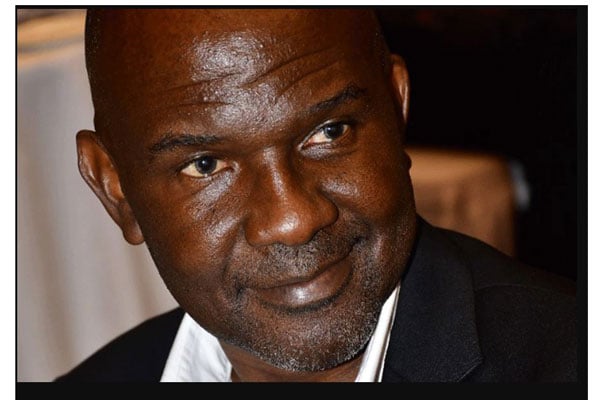Talk therapy good strategy to offer mental health support

Emerging reports on Covid-19 from China and UK suggest that the pandemic could have profound and potentially long-term impacts on mental health. In Uganda like in many other countries, the pandemic has placed communities under lockdown leading to social, emotional and economic challenges.
The social isolation, excessive anxiety, uncertainty about the future, financial losses, unemployment are some of the potent risk factors for mental health problems, including depression and anxiety. Unfortunately, communities across Africa are challenged by limited access to mental healthcare in the context of wider structural problems of access to healthcare.
Given that the cooperation of community members is crucial to the uptake of prevention strategies of the spread of Covid-19, it is important that African governments establish effective approaches to combat high levels of stress among socioeconomically-disadvantaged populations in sub-Saharan Africa. Covid-19 emergency response teams should have a strategy to promote and support mental well-being particularly in vulnerable groups.
A team of African and International researchers has provided evidence that through talk therapy groups, multiple mental health problems, social and economic challenges can be mitigated with task shifting approaches.
A recent study into the effectiveness of talk therapy groups published in the Lancet Global Health in March has shown that nearly all participants in the groups achieve remission of stress symptoms and remain stress-free one year later. Talk therapy groups are based on the theory that the way we think affects the way we feel and subsequently the way we behave.
For example, when you think that “I can never be successful in any business because of the Covid pandemic”, then you are going to feel demoralised, this negative feeling is associated with negative energy, which will make you feel weak. This will cause you to have less interactions with people so your chances of learning about promising viable options are greatly reduced.
Consequently, you are unable to engage in any other income generating activity, hence unable to regain your income. Subsequently, you will feel more demoralised and this will confirm your negative thoughts that your business will never recover. So the negative cycle goes on and on and you spiral down into depression. The talk therapy groups focus on reversing this negative cycle by teaching participants skills required to always maintain a positive outlook.
To add some icing on the cake, participants learn income generating skills. Unlike other therapies, talk therapy groups attract both men and women and have been proven to be a cost-effective way of dealing with high levels of stress.
All types of health cadres and lay people have been trained to lead these therapy groups, which can be a valuable tool in curbing the mental health effects of the lockdown.
Integrating talk therapy groups in other Covid-19 prevention strategies taking place across vulnerable communities will not only improve awareness about Covid-19 in rural communities, but will also reduce levels of social, emotional and economic stress.
For communities with access to smart phones, talk therapy can take place online.
For example, the telehealth service run by The Medical Concierge Group, a leading telemedicine and digital health firm in Uganda, can create a tele-mental health platform. Individuals struggling with depression symptoms, anxieties, etc, can engage in talk therapy sessions through voice calls, SMS and social media with a trained counsellor.
Dr Etheldreda Nakimuli-Mpungu is a senior lecturer and psychiatric epidemiologist at Makerere University.




